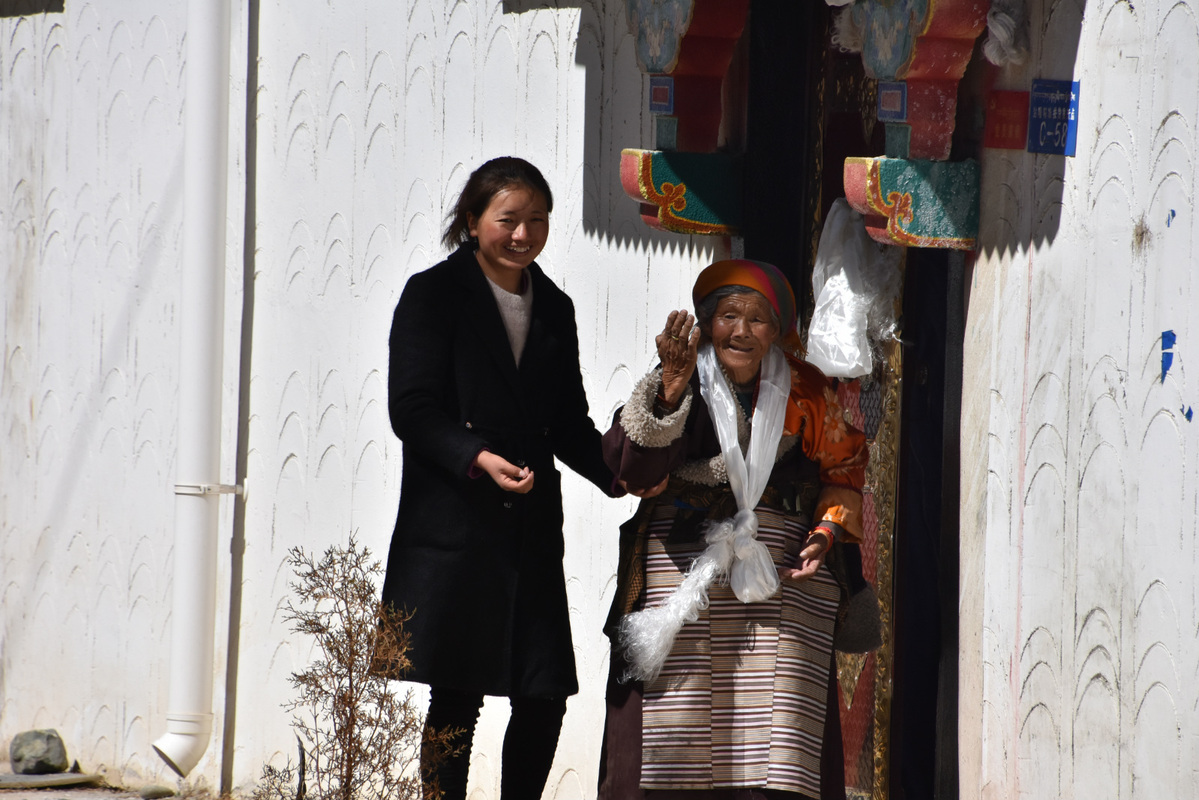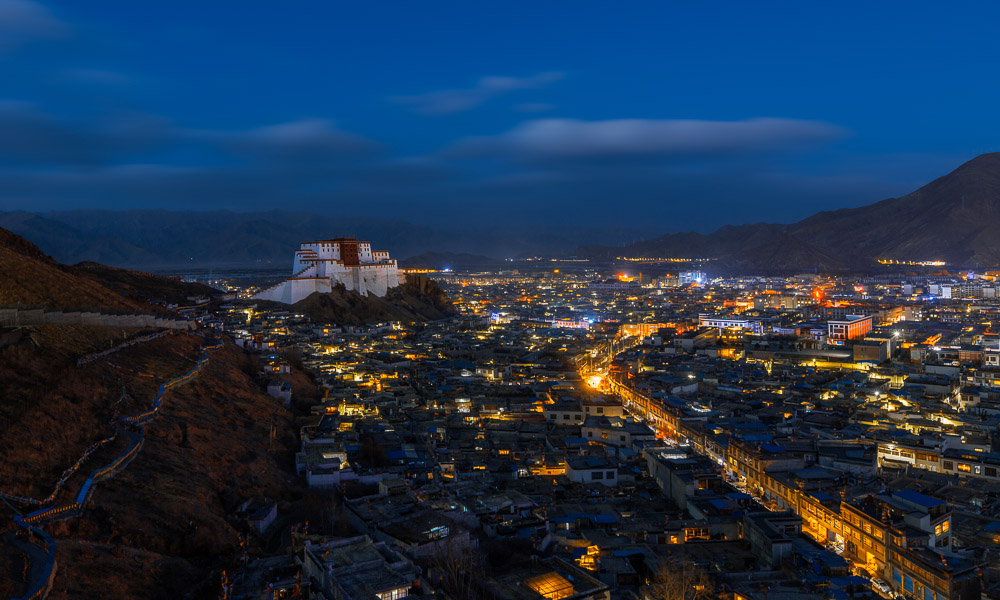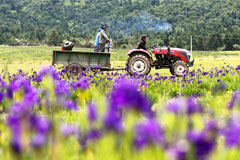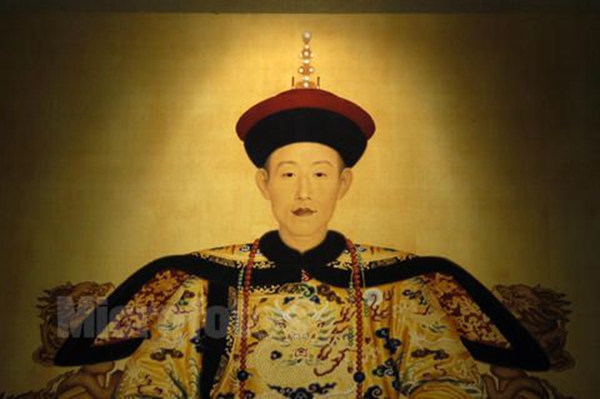I myself have four homes: says an emancipated serf
68-year-old Zhachu is a villager in Chamdo City, southwest China's Tibet. Before the democratic reforms in Tibet in 1959, all seven members of his family were serfs. After the reform, Zhachu's family's life got better and better.
Because of family burdens, such as taking care of younger brothers ans sisters and sick parents, Zhachu never married. Now, in his old age, he lives a daily life in a special support center for impoverished people, while his younger brother Tsewang, his younger sisters Drolgar and Tseshe all have their families and live a happy life..
At noon, under the center's leisure arch, the elderly chat together, read a book, or play chess, leisurely content.
"Hello!" An elderly man wearing a brown top hat, a black cotton suit, and gray-striped sneakers walks over and shakes hands with the reporter.
"Are you Zhachu?"
"Yes, I am!"
"Bola (grandfather), are you living well here?"
"Very well. Here I don't have to worry about food and clothes. There are many people who take care of us, and I have many friends here. I am very happy." Zhachu grinned.
"Our family of seven people lived in an adobe house of about 50 square meters on the farmlands of manor owner. More than 30 square meters of it were piled up by stone and mud to make a storehouse and it was locked. So we seven people squeezed in a space of a dozen square meters. We had no beds, no tables or chairs, and no stoves or tableware." Talking about his life before the democratic reforms, Zhachu gets a little teary-eyed.
"My parents, uncle, and I had to plant 60 mu (9.884 acres) farmland for the owner. Every year, almost all of the harvested grain was handed over. We could only keep around 50 kilograms of grain, which was far from enough. We ate whatever wild fruits we could. At that time, if we didn't have clothes to wear, we would dry yak or sheepskin and rub it with our hands to soften it, then cut it into the shape of clothes and wear it. As children we were basically barefoot, and the adults' shoes were sewn together with a few pieces of yak skin or sheepskin," said Zhachu.
In 1959, under the leadership of the Communist Party of China, democratic reforms were carried out in Tibet, and the majority of serfs were liberated, becoming masters of their own affairs.
"The People's Liberation Army gave us personal freedom and dignity. They also gave us land and helped us grow crops, gather yak dung, carry water and sweep the floor. We called them ‘Bodhisattva soldiers'." Zhachu recalled. According to standards at the time, his family was given 14 mu (2.306 acres) of land, one farming yak, two milk yaks, one horse, and some farming tools.
After the democratic reforms, under arrangement of the township government, Zhachu received the opportunity to study in Lhasa. After studying, he returned home, becoming a postman and driving a tractor. His days got better and better…
Zhachu never married because he had to take care of his younger brother, younger sisters, and his ill parents. In June 2018, Zhachu moved into the impoverished support center in Karuo District.
"My life in the support center is very good. Whenever there are holiday ceremonies in the city, my friends and I will ask for free time and take the bus into town. When I miss my brother and sisters, I can also take time off anytime to visit their home for a few days." Talking about his family members, Zhachu can hardly contain his happiness.
"Now I have four homes: my younger brother Tsewang's home, my sisters Drolgar and Tseshe's homes, and the Karuo District Impoverished Support Center. I am very satisfied with my life!" Zhachu said.
Editor: Tommy Tan.
Tibet Stories
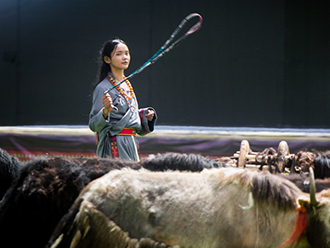
Six wishes of a "horseback doctor"
Tamdrintso said that she hopes the state shall issue policies for village doctors in remote ...


